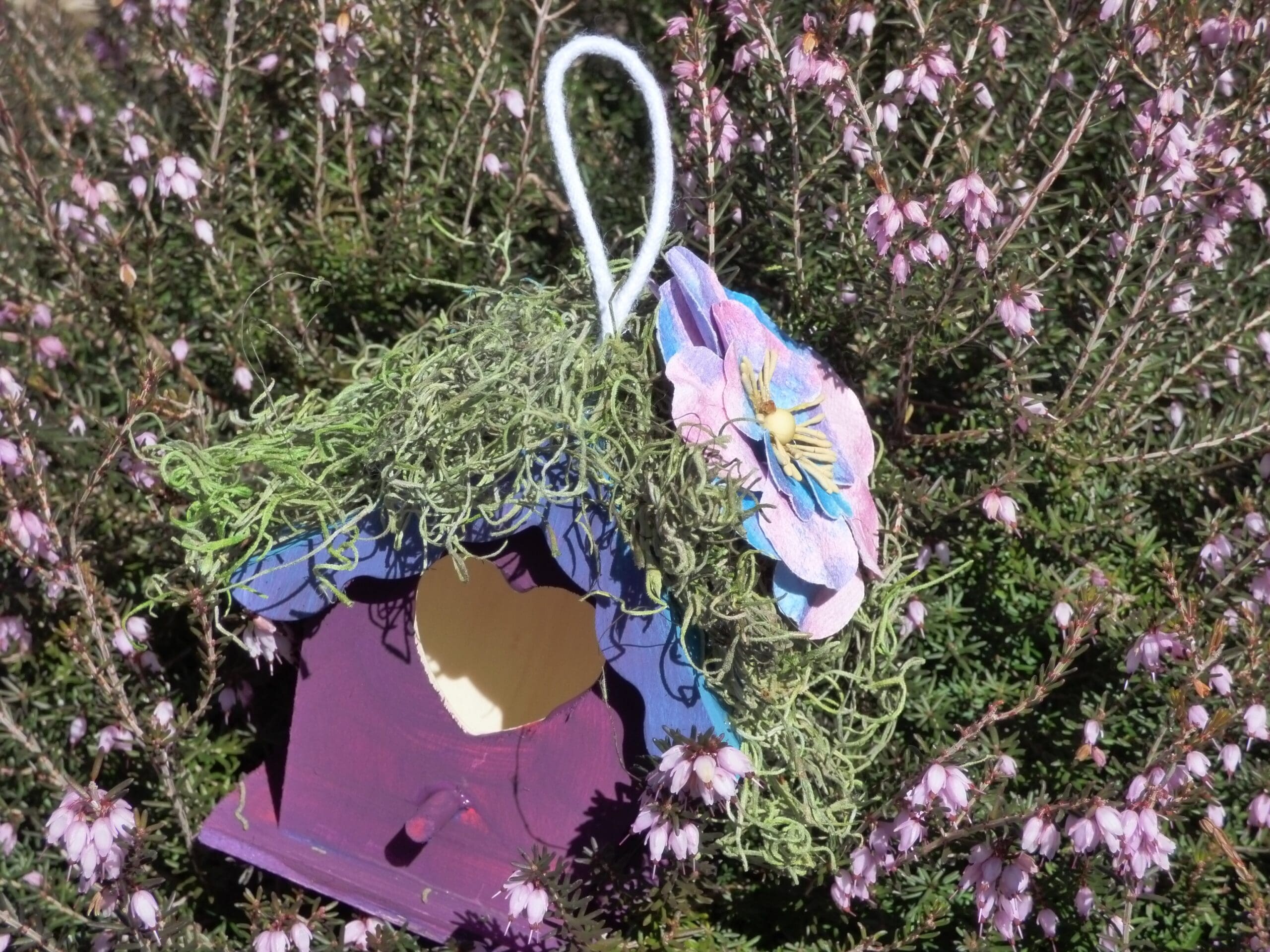“Let’s be wild girls!” she crowed excitedly, prancing around the basketball court like a horse. I had a hoop skirt of toddlers clinging to my legs.
“What?” I asked, following her with my eyes as I twisted around the little hands gripping my pants.
“Let’s run and be wild!”
With complete abandon, hair bouncing in every direction, arms flailing to some music she must have had in her mind, she did just that. She swayed and swung, her legs and arms moving in opposite directions, her smile growing with every minute.
I stayed in my spot, attending to the walkers and pre-walkers, but a big piece of me wanted to be a wild girl right along side her.
We don’t play. After a certain age (and that age seems to be getting lower and lower as society expects more and more of children), you can no longer float and prance. You can’t go on an imaginary journey, finding Narnia behind a stand of trees. Trees are just trees and you might get ticks. You can’t shriek and giggle all in the same sentence. But what if we did?
As adults, kids look to us for cues. We need to give them that grace, permission to be wild girls and boys, to shake off the idea of being cool and to celebrate being silly, dramatic, adventurous.
Play is a release, and especially for kids in foster care, a release is a much needed break. We need that break, too. So let yourself pretend. Go get swept away in the game. Let a big old boulder be an elephant and invite the little person in your life to go on a safari with you. Let the trees be full of fairies. Name the flowers and let them sing songs. For the days tick by quickly and we all need our moments to be wild girls.
For all the grown up Wild Girls and Boys out there, reach out today and help a child find their inner joy














